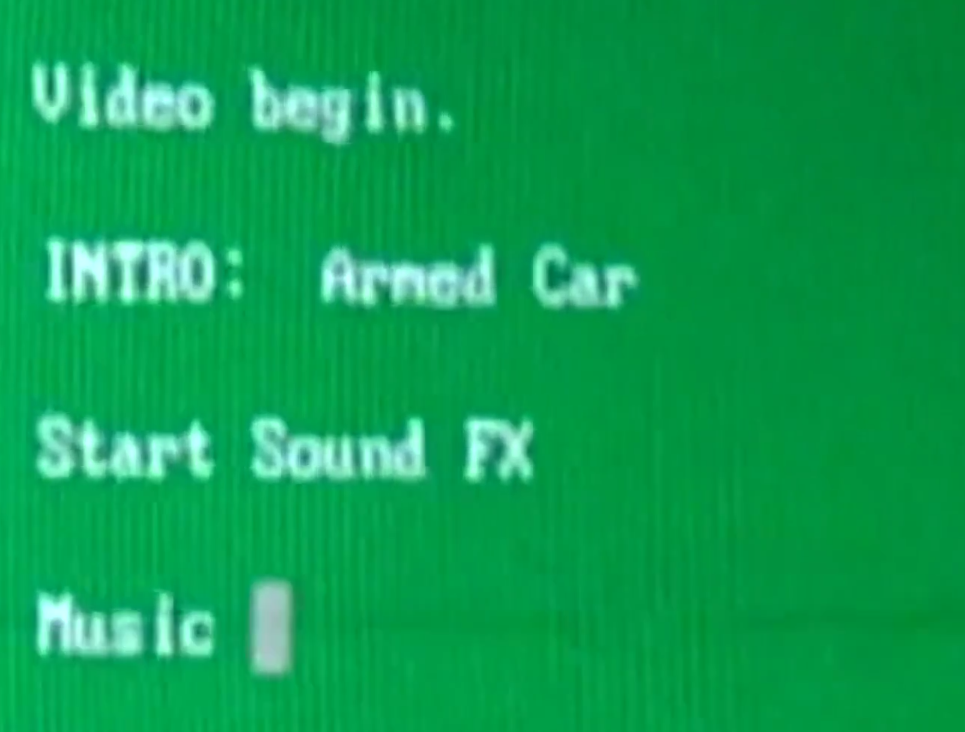Slop Videos Are Disappointing Garbage, Nothing New, Just Brute Force up on Display or a Pedestal of Slop
Slop videos are a subject we covered here in some depth several times in the past. There is nothing amazing about these; it's typically some LLM slop, voice synthesis that reads the slop, then some slop clips on top of that, selected based on sloppy words and exploiting way too much computational resources (from companies that operate at a loss with many GPUs because such utter waste is all the rage).
Slop videos aren't a new thing. People hate them. In YouTube, they're considered a growing problem. Google isn't properly tackling this problem because Google still explores ways to "monetise" slop; for instance, just like it replaces originals in search results with "AI summaries" (a misnomer in all words), maybe it'll try to make a dozen fake videos that emulate every real contribution by sharecroppers in YouTube. So-called 'creators' are starting to realise that companies like Google (or ByteDance for that matter) view their work/role as serfs that deliver "training data". Years ago (before the slop hype) Derek Taylor complained that some channels made bots that ripped off other people's work, e.g. in Stack Exchange, to make lots of lousy videos that gamed the algorithms (SEOs) and flooded the platform with junk. They didn't need slop to do this; a lot can be done with scripting and FFMPEG, along with wget and other tools. With minimal human supervision one could "blast out" like a thousand videos a day, reusing or piecing together the words/work of other people.
If a lack of quality control is nowadays considered "hip" or a "business success", then meritocracy will get the "Capital" (money). But we can see that slopfarms are failing; they repel people. They not only lose money (or ride the capital pumped into companies without any business model, just growing debt; “toy models”).
As Doctorow put it 2 years ago: "Like Uber, the massive investor subsidies for AI have produced a sugar high of temporarily satisfied users. Fooling around feeding prompts to an image generator or a large language model can be fun, and playful communities have sprung up around these subsidized, free-to-use tools (less savory communities have also come together to produce nonconsensual pornography, fraud materials, and hoaxes). [...] They will continue to eke out new marginal gains from these little models, possibly enough to satisfy most of those low-stakes, low-dollar applications. But these little models were spun out of big models, and without stupid bubble money and/or a viable business case, those big models won’t survive the bubble and be available to make more capable little models."
A lot of the Web is filled with worthless crap or "slop" (a more suitable name that gains more popularity over time; we used to call it "chaff"). At the end, as in months or years from now, the sloppers will perish and leave intact the remnants of sites that endured DDoS attacks and didn't sell their souls. █

